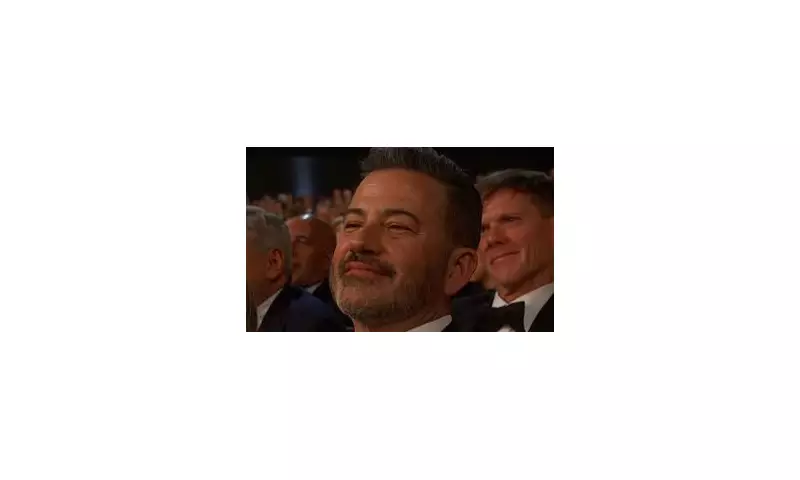
American late-night television descended into a fiery political battleground this week as host Jimmy Kimmel launched an extraordinary on-air tirade against conservative commentator Charlie Kirk.
The confrontation was sparked by Kirk's controversial remarks about a young fan, Tyler Robinson, who appeared on Kimmel's show. Kirk had questioned the authenticity of the segment, suggesting the production had "brought him on to make a political point" rather than to share a genuine moment.
Kimmel, visibly incensed, dedicated a significant portion of his monologue to lambasting Kirk. In a blistering response, he accused the Turning Point USA founder of "attacking a kid with cancer" and labelled his comments as "disgusting." The host's fury was palpable as he defended the integrity of the segment and the young fan's story.
The Social Media Inferno
The incident did not remain confined to television screens. It exploded across social media, particularly on the platform X (formerly Twitter), where it quickly garnered millions of impressions. FCC Commissioner Brendan Carr became an unexpected central figure in the drama.
Carr publicly criticised Kimmel, suggesting the ABC network should review its standards following the host's profanity-laden outburst. His intervention amplified the debate, shifting it from a personal feud to a broader discussion about media responsibility and the boundaries of acceptable discourse on public airwaves.
A Nation Divided
Public reaction has been sharply polarised. Kimmel's supporters have praised him for standing up to what they perceive as malicious online rhetoric, hailing his defence of the young fan as principled.
Conversely, critics argue that Kimmel's response was a disproportionate attempt to silence political opposition, raising serious questions about power, censorship, and the role of late-night comedy in political discourse. The incident has become a flashpoint in the ongoing culture wars, highlighting the deep divisions within American society.
As the dust settles, the clash between Kimmel and Kirk continues to reverberate, serving as a potent reminder of the intense friction between entertainment, politics, and free speech in the modern media landscape.





